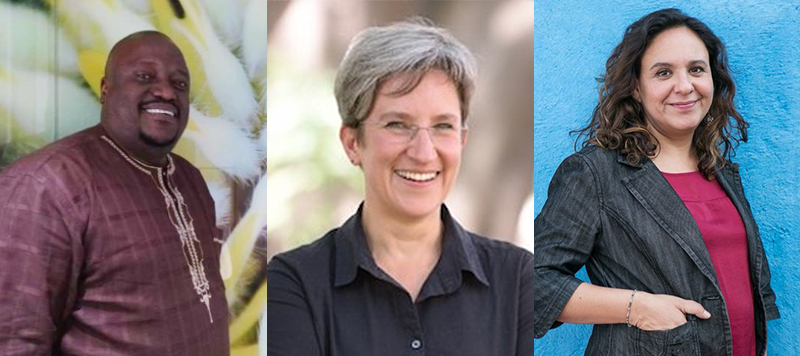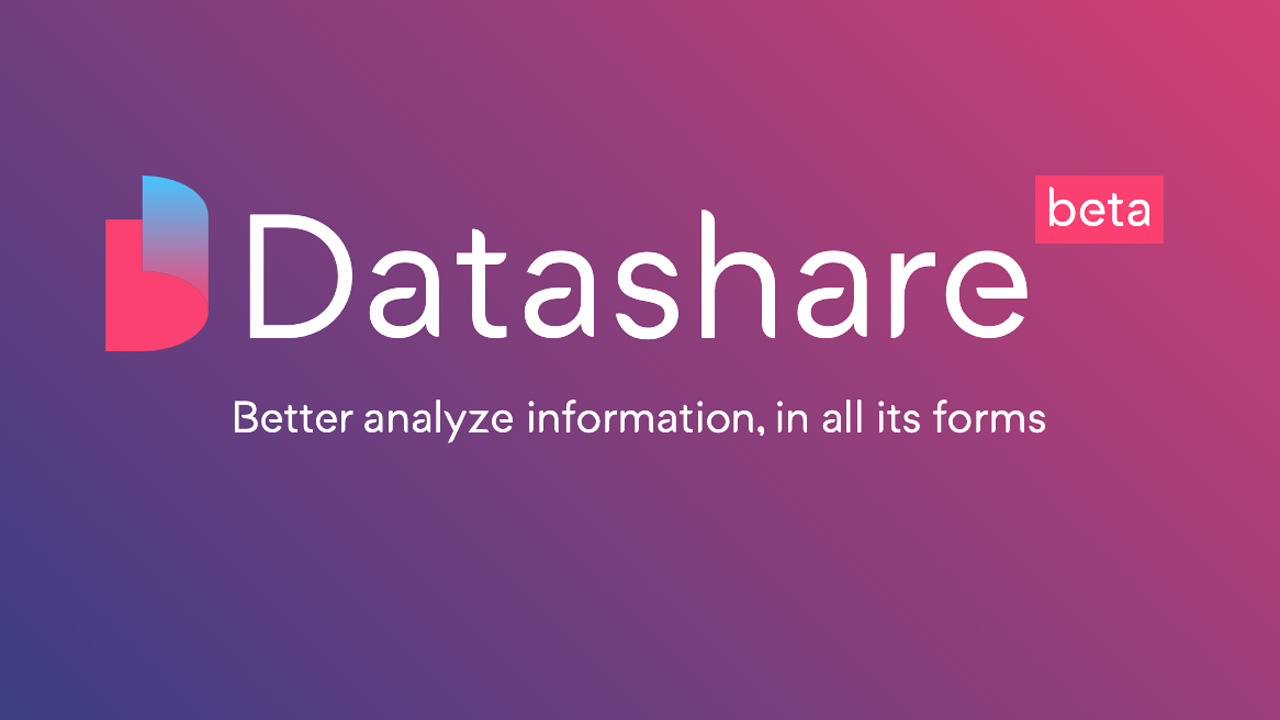Reporters around the world will soon be able to securely search one another’s document repositories, thanks to new software under development as part of the International Consortium of Investigative Journalism‘s Datashare project.
ICIJ is partnering with renowned Swiss university, EPFL, to build the DatashareNetwork, which will allow reporters to request sensitive documents privately and securely from colleagues across the world.
The new system is the next step in ICIJ’s innovative Datashare project that seeks to make it easier for journalists to securely process, organize and analyze sets of confidential documents and find the stories hidden within.
Datashare, a free, open-source tool, allows reporters to search millions of documents in diverse formats, including emails, spreadsheets and pdfs. The technology has already been used by ICIJ and its media partners to help produce ground-breaking investigations like the Luanda Leaks investigation.
“DatashareNetwork takes trust and collaboration to another level,” said ICIJ’s Datashare product owner, Soline Ledésert. “This new dimension will allow journalists to collaborate using one another’s documents.
“By combining trust and technology at this level, we believe this new tool will enable even more powerful investigations.”
In many ways, the ICIJ model, which relies on collaboration, has turned traditional journalism on its head. While competition between news outlets remains the backbone of a healthy media landscape, cross-border stories such as the Panama Papers proved that some investigations are best tackled by a team of reporters from across the globe.
DatashareNetwork will make it easier for reporters to spark new, spontaneous or ad-hoc collaborative projects by combining a decentralized search engine with a secure messaging system, which journalists can use to find and exchange information securely and anonymously.
One of the lead developers of the peer-to-peer project, Kasra EdalatNejad, a researcher at EPFL’s Security and Privacy Engineering (SPRING) lab, presented a progress update at the computer symposium, Usenix Security ’20, on August 14.
The architects of the new DatashareNetwork technology cite privacy and security as top priorities, recognizing the sometimes-explosive nature of the documents that investigative journalists often have in their possession.
“Documents often contain sensitive and/or confidential information and possessing them puts journalists and their sources increasingly at risk of identification, prosecution, and persecution,” the researcher said in a recent academic paper, detailing the project.
“As a result, journalists go to great lengths to protect both their documents and their interactions with other journalists.”
Anonymity
Privacy is at the heart of the system. Reporters will be able to search and exchange information anonymously.
ICIJ will issue virtual tokens to its members to attach to messages to prove their bona fides but will not host any information. Nor will it know what the journalist is searching for. This decentralization will make the new service much less prone to hacking as the documents will remain on individual computers rather than a central server.
Also, access to information will be limited to the specific search queries and will be conducted on a one-to-one basis.
If a search produces hits, the reporter will be able to follow up directly with the relevant colleague, who will remain anonymous. Search queries will be encrypted and it will be entirely up to the journalist in possession of the documents whether to engage with any inquiry. After journalists agree to share information, they will revert to their current favored systems for sharing documents.
“Given the fact that users work in different time zones, some with only a few hours of internet access per day, it was critical that searches and responses could take place asynchronously,” notes Carmela Troncoso, who heads up the lab.
Any follow-up exchanges between the reporters will take place over a separate, secure, anonymous messaging system.
This new initiative takes collaboration to a new level, enabling journalists to interact on a bilateral basis. So, for example, if a journalist in Chicago recognized that a story involved an external dimension, they could reach out to peers across the globe who may have materials relating to it and be willing to share these documents.
Typically, ICIJ will collaborate with several hundred journalists worldwide during an investigation. These reporters work in different time zones and under very different constraints, ranging from draconian regimes to poor quality broadband.
ICIJ surveyed a cross-section of 70 partners and provided aggregate statistics to enable the developers to frame the new software to meet the needs of as many reporters as possible.
For example, they determined that it would require the ability to handle at least 1,000 users and 1 million documents. They would also have to design a system that requires low bandwidth.
On the flipside, real-time search is not an issue as most reporters were happy to wait days before receiving a reply to their query.
“This is not surprising,” said ICIJ director Gerard Ryle. “Patience is something investigative journalists must have in abundance.”
ICIJ is expecting to trial the new system in 2021.



